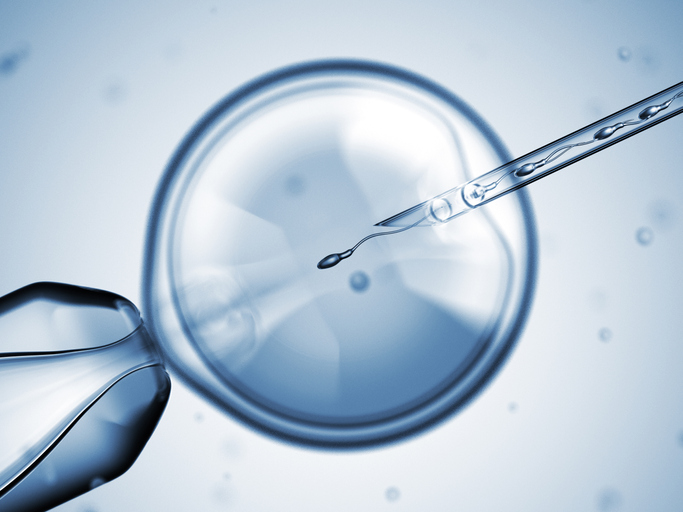To find out if you're pregnant, you can do a pregnancy test from the first day you miss your period.
If you’ve had unprotected sex in the last five days and you don’t want to be pregnant, you may be able to use emergency contraception.
Early signs of pregnancy
Missed period
If you have a regular monthly cycle, the earliest and most reliable sign of pregnancy is a missed period.
Sometimes women who are pregnant have some very light bleeding at the time when their period would be due.
Other early signs of pregnancy include:
- feeling sick or being sick. This is commonly known as morning sickness, but it can happen at any time of day. If you feel nauseous and can’t keep anything down, contact your doctor
- changes in your breasts. They may become larger and feel tender, like they might do before your period. They may also tingle. The veins may show up more and the nipples may darken and stand out
- needing to pass urine more often. You may find you have to get up in the night
- being constipated
- increased vaginal discharge without any soreness or irritation
- feeling tired
- having a strange taste in your mouth. Many women describe it as metallic
- "going off" some things, such as tea, coffee, tobacco smoke or fatty food
See a healthcare professional as soon as you think you're pregnant, whether you've done a pregnancy test or not.
Starting antenatal care
If you want to continue with the pregnancy, it's a good idea to start your antenatal care as soon as possible. Get in touch with a doctor or a local maternity service to start your antenatal care.
Getting advice and support if you're not sure you want to be pregnant
If you're not sure you want to be pregnant, you can discuss this with a healthcare professional. You can get accurate, confidential information (including if you're under 16 years old) from a doctor or nurse at your doctor’s surgery.




